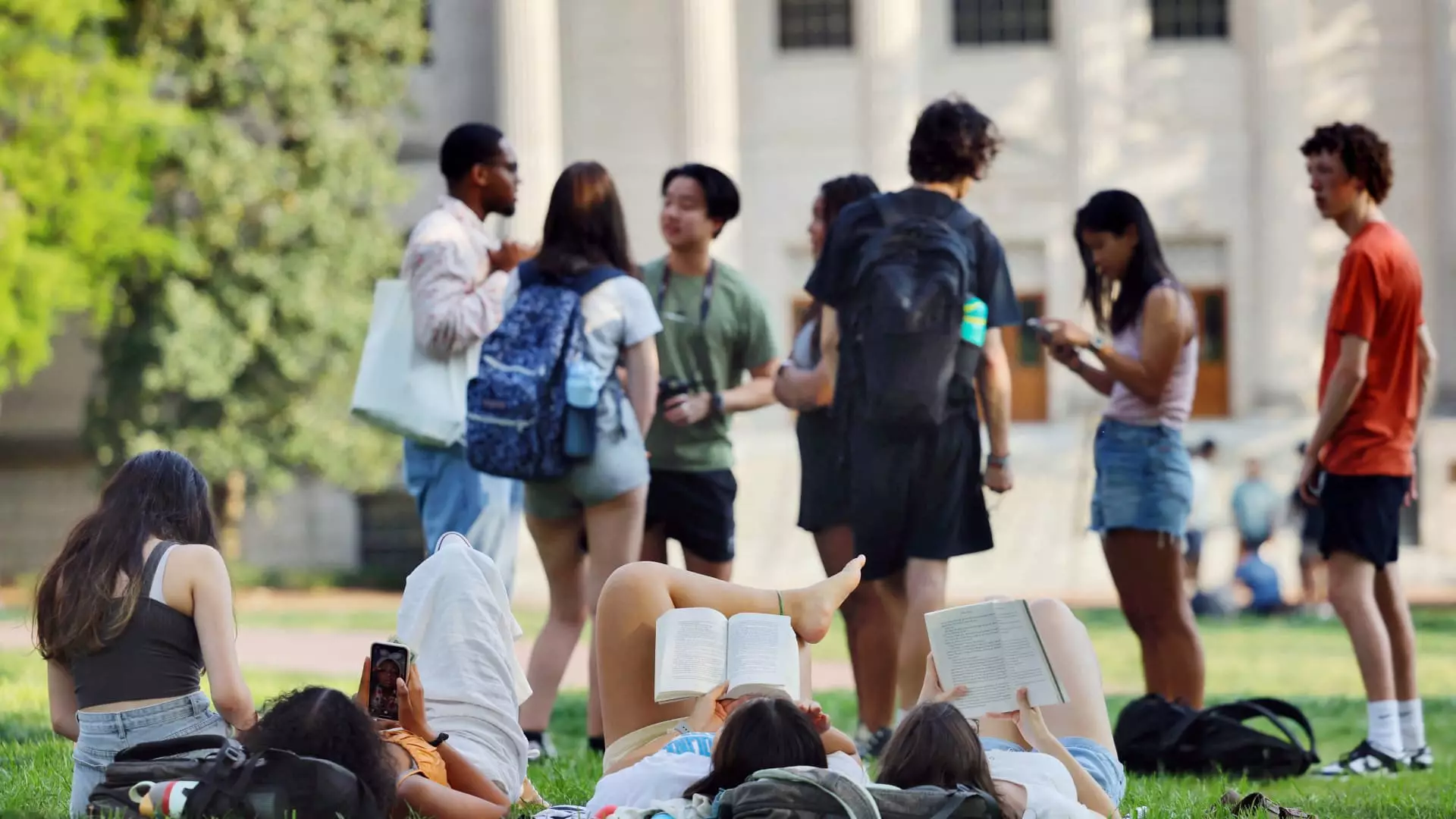For years, the narrative around international student enrollment in the United States has been dominated by reports of decline and uncertainty. However, recent revelations unveil a disturbing reality: the data previously used to paint a bleak picture was not merely inaccurate—it was deliberately misleading. The U.S. Department of Homeland Security, once the authoritative source, underreported international enrollment figures by over 200,000 students, a significant margin that skewed perceptions of America’s global educational standing. When corrected, the numbers tell a different story—one of resilience and even growth. This isn’t just a clerical error; it’s a wake-up call that our understanding of international education in the U.S. has been compromised by flawed data collection and reporting practices.
The Implications of Data Manipulation in Education Policy
The underreporting and subsequent correction highlight a deeper issue—how data manipulation can influence policy and public opinion. When policymakers and educational institutions rely on erroneous numbers, they risk making misguided decisions that could harm future international engagement. The misrepresented decline likely fueled calls for stricter visa regulations and the marginalization of international students, despite evidence suggesting the opposite. Corrected figures showing a 6.5% growth underscore America’s persistent appeal: a country still capable of attracting students from around the globe, even amid political turbulence. Manipulating data not only distorts reality but also undermines trust in institutions that should be safeguarding transparency and accuracy.
The Political Battle Over International Students
The controversy surrounding Harvard University exemplifies how political interests threaten the future of international education. The Trump administration’s efforts to curtail visas and shut down programs, ostensibly to tighten immigration, are now exposed as shortsighted and damaging. The recent legal challenge and injunction highlight an ongoing battle where higher education becomes a battleground for broader ideological conflicts. Harvard’s disproportionate reliance on international students—over a quarter of its enrollment—renders these policies particularly disruptive. Instead of fostering an environment of global exchange and understanding, such restrictive measures serve to alienate a vital demographic that enriches American academia and culture.
The Uncertain Future of International Education in America
Despite the recent positive data, the future remains uncertain and fragile. Political interference continues to threaten the stability of international enrollment. The rhetoric surrounding immigration and national security often eclipses the economic and cultural benefits international students bring—an oversight that could cost America its competitive edge. If policymakers persist in viewing international students as threats rather than assets, the U.S. risks falling behind in the global academic race, losing talented individuals who pursue their studies here and contribute to American innovation. Ensuring transparent data collection and resisting short-term political whims should be non-negotiable if the nation truly values its place as a leader in international education.

